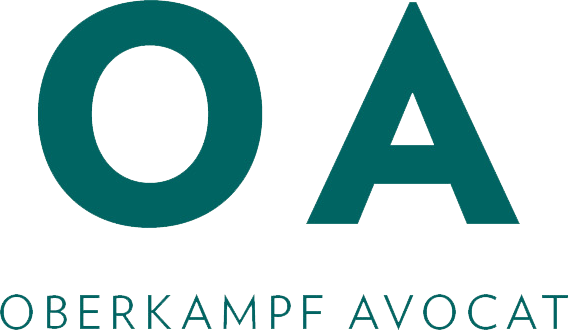Key highlights from March 2024 in the sustainability space.
1-SEC adopts climate disclosure rules
On March 6, the Securities and Exchange Commission (SEC) adopted new climate related disclosure rules for public companies, in line with the April 2024 announced deadline. Echoing the objectives of the ISSB standards, these Rules are the SEC’s attempt at responding to widespread investor demand for more consistent, comparable and reliable information about the financial effects of climate-related risks and how companies manage those risks.
According to the new rules, climate risks are to be assessed with a view to the actual and potential material impact of any identified climate-related risks on the company’s operations. This is different from the double materiality assessment required by the EU’s CSRD. The rules reflect the SEC’s concern to accommodate views from both sides of the political spectrum, and have been watered down from their original version by significantly limiting reporting requirements for Scope 1 and 2 emissions and removing Scope 3 reporting requirements. Despite these limitations, a coalition of ten Republican states launched a lawsuit in the US Federal Appeals Court to block the implementation of the new rules hours after their adoption. The states argue that the rules exceed the scope of the SEC mandate. The rules were temporarily paused by the 5th US Circuit Court of Appeals as a result of a separate lawsuit initiated by oilfield companies. Overall, the SEC Climate rules have triggered a flurry of lawsuits from both progressive NGOs and conservative stakeholders.
2-French National Assembly moves to penalize fast fashion
On March 14, the French National Assembly, voted in favor of a bill designed to limit the negative environmental impact of brands such as Shein and Temu. The vote came after the revelation that Shein was listing more than 7200 new products on their website everyday, at prices so low that they arguably precluded fair competition. This can only resonate with the forced labour allegations often levied against these same retailers. France introducing legislation to limit the excesses of ultra fast fashion is a welcome development for most. The proposed legislation, which still needs to pass the French Senate, provides for a surcharge linked to the ecological footprint of mass produced items, starting at €5 in 2025, and rising to €10 by 2030. The charge is capped at 50% of an item’s price tag. The bill further limits advertising for fast fashion company, undermining the algorithmically attuned social media marketing favoured by these brands.
3-German government consults on CSRD implementation law
On the 22nd of March, the German Federal Ministry of Justice launched a consultation on a draft law for the interpretation of the Corporate Sustainability Reporting Directive (CSRD). The consultation closes on April 19.
With the 6 July 2024 deadline for the transposition of the CSRD into national law draws near, Germany joins 22 out of the 30 countries expected to transpose the directive (27 Member States, Iceland, Liechtenstein and Norway) that have at least launched a consultation on CSRD implementing legislation.
4-Pilot project about Digital Product Passports presented at event in Sweden
The EU strategy for sustainable and circular textiles, published in March 2022, calls for Digital Product Passports to be mandatory on all textile products offered for sale in the EU by 2030. These are expected to take forms such as QR codes that would link to information about products’ sustainability such as durability and reparability to improve the transparency and traceability of textiles.The details of the operationalization of the DPPs are expected to be clarified by the Ecodesign Sustainable Product Regulation (ESPR).
Ahead of the entry into force of this Regulation, a pilot project overseen by Trace4Value, a program coordinated by the RISE Research Institutes of Sweden, is working to better understand the implementation of these DPPs in practice. On the 7th of March, this project was presented at the DCongress event organised by the Swedish Trade Federation and The Swedish Exhibition & Congress Centre in Gothenburg. Two sustainable fashion brands currently participate in this pilot project, implementing DPPs on their garments.
- Content prepared with the help of Defne Fresko Tasci.
